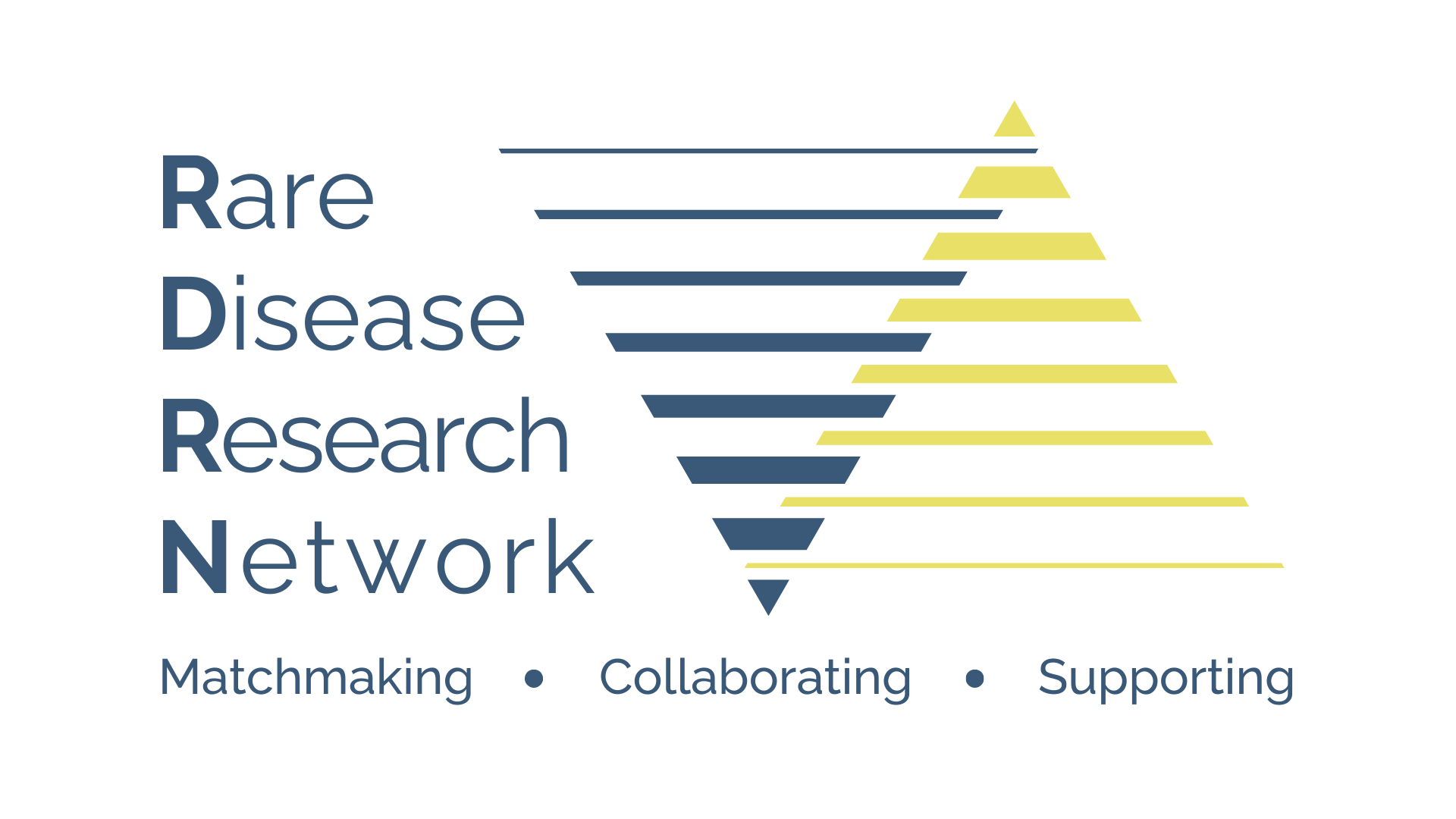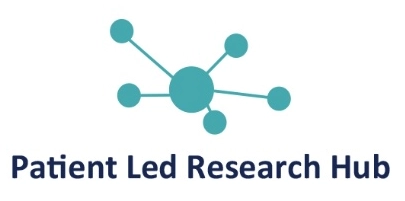Welcome to the Rare Disease Research Network (RDRN) – we’re thrilled to have you join our community!
Whether you’re a patient, caregiver, researcher, healthcare or industry professional, your contributions matter. Many of our members wear multiple hats, so please select all the roles that represent you —your experiences and skills are invaluable to our mission to drive meaningful change in rare disease research.
RDRN is a welcoming, supportive, and safe space for everyone. We work together with respect and support to make real progress in rare disease research.
Signing up is quick and easy—it only takes a few minutes and a few key details.
Short on time? No worries! You can start with the basics now and update your profile later.
Important: Your username can’t be changed once set, so choose one you’ll love!
Thank you for signing up and joining our RDRN community.
Together, we’re building a strong, collaborative network to drive meaningful progress in rare disease research. Your participation is truly appreciated, and we’re excited to have you here!
Please note: An admin will review your profile within the next 48 hours. We look forward to supporting you on your research journey.
You’re welcome to share more than just research-related links. Feel free to include your professional social media profiles (like LinkedIn), YouTube channels, organisation pages, researcher bios, or any other relevant content that showcases your work, research, or interests in rare diseases.
These categories highlight your interests and help you connect with others who share them. They power our ‘search’ and matchmaking features, making connecting with others who share your focus easier.
We recommend selecting at least three categories, and if you don’t see what you’re looking for, feel free to suggest your own tags on the next page.
In the next steps, you can add more details to your profile, including the conditions you’re passionate about, have experience with, or are personally connected to.
Use these tags to highlight your research interests, whether they’re based on conditions you’ve experienced, diseases you have expertise in or ones you’re interested in exploring.
Our tags are based on the ORPHAnet database and are updated annually to ensure accuracy. For better search results, we recommend including relevant disease acronyms, synonyms, and alternate names. Suggestions will appear as you type at least three characters.
Your ‘Summary Headline‘ gives other members a quick snapshot of who you are, helping them find you when browsing profiles or searching for collaborators. Keep it short and focused on the key details. Members can click through to your ‘About Me’ section for more details on your background and goals.
A few tips:
- Avoid sharing personal medical information—feel free to mention conditions, but don’t include private details like medical records or treatment specifics.
- Choose a clear, community-friendly headshot for your photo. Our admin team will review it to ensure it meets our guidelines.
An approved connection is someone you’ve either requested to connect with and they’ve accepted, or someone you’ve approved when they added you.
Anyone can be a mentor—you don’t need to be a researcher or clinician. Whether through lived experience or research, there are many valuable insights you can share through peer support and mutual learning. You can commit as much or as little time as you’d like, even just offering to answer a quick question on a topic you’re familiar with.
We also recommend subscribing to our newsletter to stay informed about relevant opportunities and research ideas.


